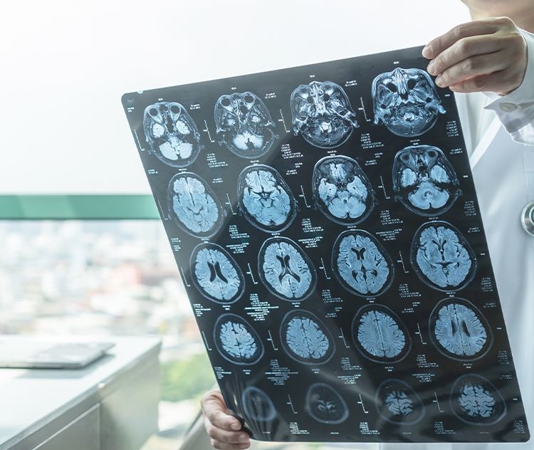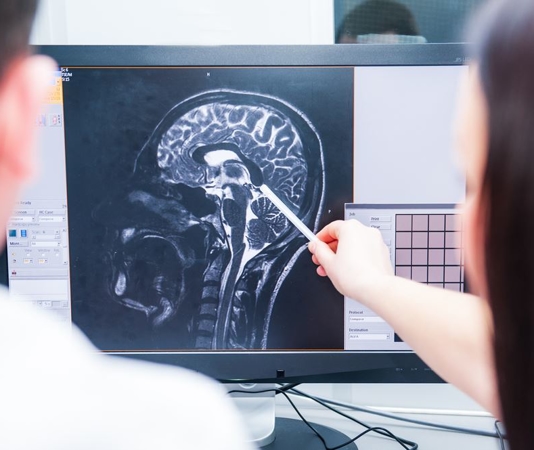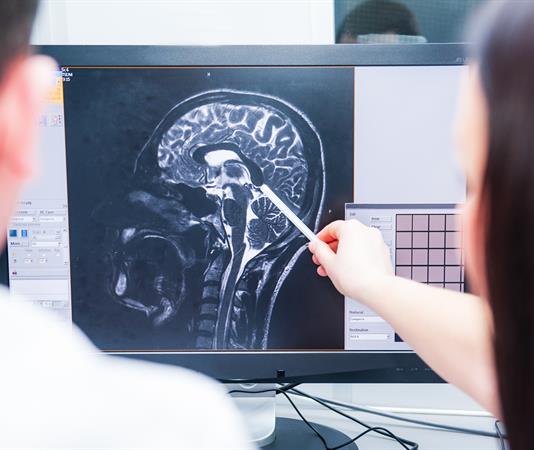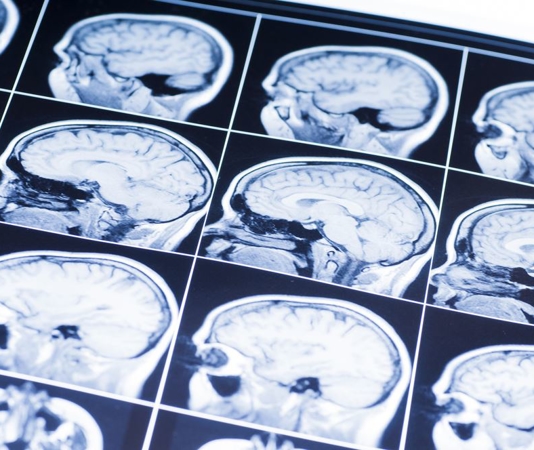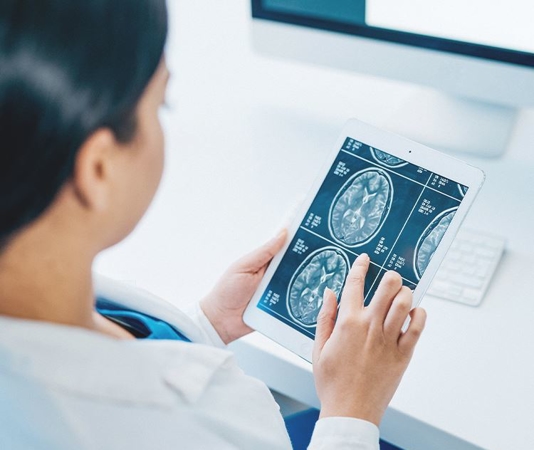Brain InjuriesBrain Injury AdvocatesTraumatic Brain InjuryEarly Inpatient Palliative Care Consultation Is Associated With Shorter Hospital Stays For Elderly Patients With TBI.
Traumatic brain injury (TBI) presents a high risk for morbidity and mortality in elderly individuals, with individuals over age 75 accounting for 32% of hospitalizations and 28% of deaths related to TBI. The American College of Surgeons Trauma Quality Improvement Program recommends palliative care screening for elderly individuals with moderate to severe TBI, given the...
